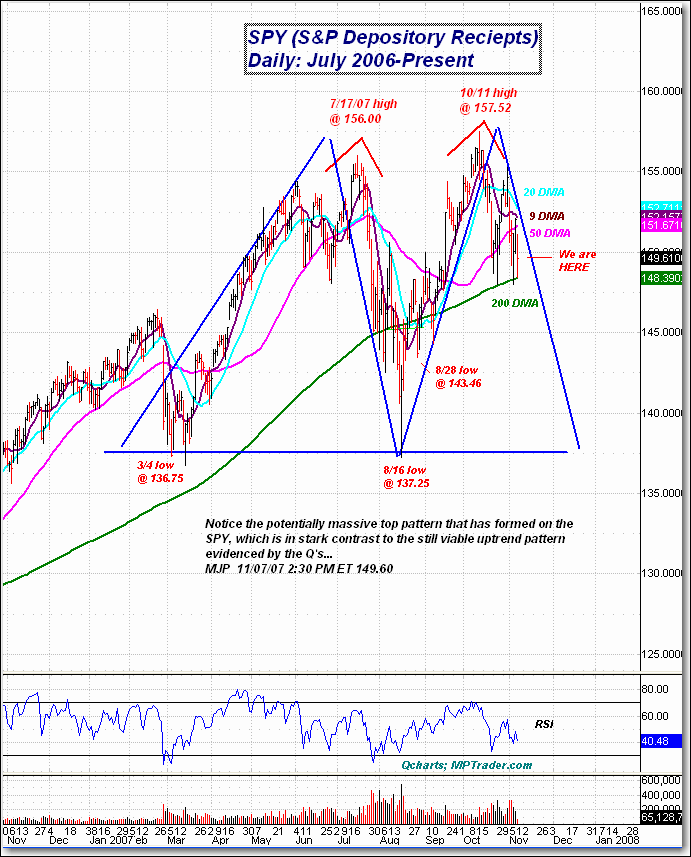How ETFs Keep the Taxman at Bay
Post on: 3 Октябрь, 2015 No Comment

ETFs are often touted for their tax efficiency, and for good reason. They can be significantly more tax-efficient than conventional mutual funds, making them good candidates for taxable accounts. But what’s the secret behind their tax-efficient ways?
First of all, ETFs are tax-efficient because they are index funds. Most index funds keep trading to a minimum, which means there are fewer taxable gains realized, and the few gains that are realized often qualify for the lower long-term capital gains tax rate.
Furthermore, ETFs are shielded from unpredictable and frequent shareholder cash flows that can also trigger tax consequences. That’s because individual investors like you and me trade ETFs with each other in the secondary market. Mutual funds don’t enjoy that benefit, and inopportune cash flows out of a fund can force a manager to recognize taxable gains.
Finally, the structure of ETFs confers certain powerful tax advantages. To fully understand how this works, we’ll have to venture into more technical aspects of ETFs, so bear with me while I describe the inner workings.
The Mechanics of ETF Tax Efficiency
Only a few very large investors (called authorized participants) deal directly with the ETF provider. When an authorized participant (typically a large financial institution or market maker) wants to create or buy ETF shares, it assembles a portfolio of the underlying stocks and delivers it to the provider, who hands over new ETF shares. The same process is carried out in reverse for a redemption. The large investor gives the ETF shares to the provider, and the large investor in return receives the underlying portfolio of stocks.

ETFs use the in-kind redemption process to give the taxman the brush-off. When large investors request in-kind redemptions, the ETF manager can off-load equity shares with the lowest cost basis, thereby sweeping unrealized gains out of the fund.
This structure has proved effective so far. Very few ETFs have made capital gains distributions. Even those ETFs that trade more frequently—such as PowerShares Dynamic Market (PWC ), which has experienced turnover as high as 116%—have not distributed a single capital gain. Granted, higher-turnover ETFs are still relatively young. But it’s heartening that the in-kind mechanism has worked as it should so far.
Special Tax Situations
It’s a mistake to assume that all ETFs are tax-friendly, though. It all depends on what an ETF invests in. For example, ETFs that invest directly in precious metals, such as StreetTracks Gold Shares (GLD ) and iShares Silver Trust (SLV), are taxed as collectibles rather than securities. That means gains are taxed at a maximum rate of 28% rather than the current 15% for long-term capital gains on securities.














